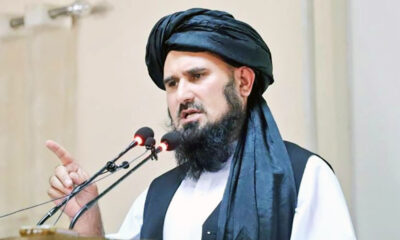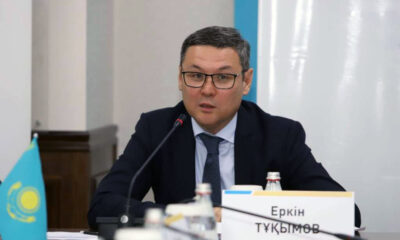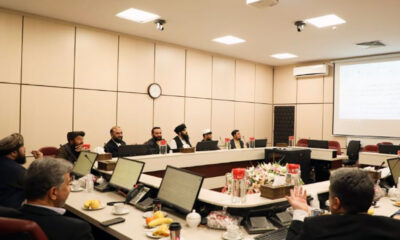Latest News
Andarabi claims new Daesh leader is a Haqqani member
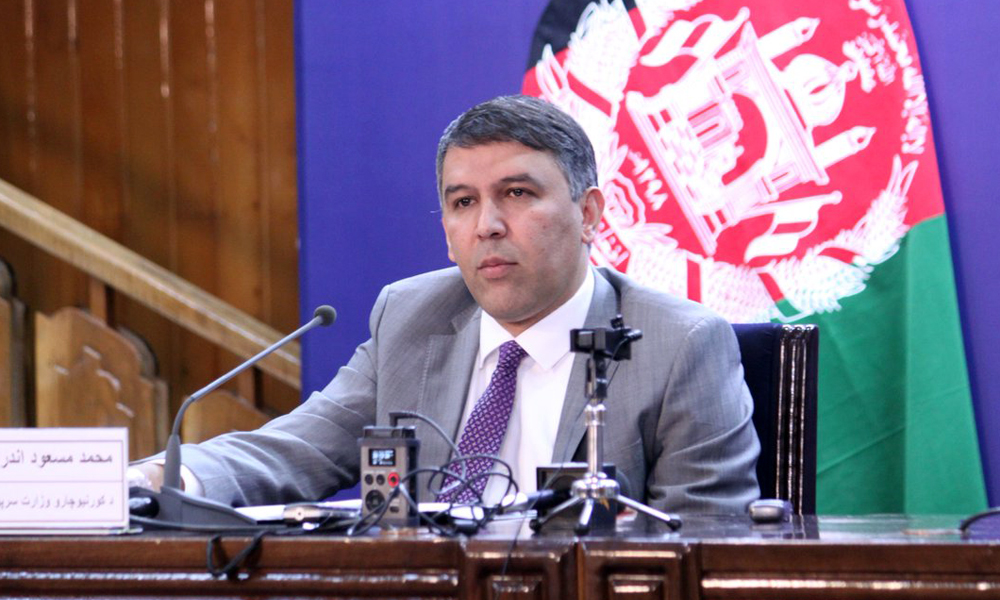
Masoud Andarabi, the acting minister of interior, said Monday night that Shahab al-Muhajir, the newly appointed leader of Daesh in Afghanistan, was in fact a member of the Haqqani Network.
Commenting on Twitter, Andarabi said: “Haqqani and the Taliban carry out their terrorism on a daily basis across Afg and when their terrorist activities does not suit them politically they rebrand it under ISKP (Daesh Afghanistan).”
Shahab Almahajir, the newly appointed leader of Islamic State of Khorasan Province-ISKP is a Haqani member. Haqani & the Taliban carry out their terrorism on a daily basis across Afg & when their terrorist activities does not suit them politically they rebrand it under ISKP.
— Masoud Andarabi (@andarabi) August 3, 2020
Andarabi’s tweet came just hours after security forces brought an end to the Jalalabad prison siege in the eastern province of Nangarhar.
The attack started on Sunday night shortly after 6.30 pm and carried on throughout the night and most of Monday.
Soon after militants detonated a car bomb at the gates of the prison, and gunmen stormed the facility, Daesh claimed responsibility for the attack.
Sunday was also the final day of a three-day Eid ceasefire that had been called by both the Taliban and the Afghan government.
However, the prison siege resulted in the death of at least 30 people, including civilians, security force members, and prisoners.
In addition, prisoners escaped during the chaos but security forces said they rounded hundreds of them up.
The attack came just a day after the Afghan intelligence agency, the National Security Directorate (NDS), killed a senior Daesh group commander near Jalalabad.
A statement late Saturday by the National Directorate of Security said the slain militant was Assadullah Orakzai, an intelligence leader for the IS affiliate (Daesh) in Afghanistan. The statement said he was killed near Jalalabad, the capital of Nangarhar province. IS has its headquarters in the province.
Orakzai was suspected of being involved in several deadly attacks against both military and civilian targets in Afghanistan.
Latest News
Afghanistan’s Chief of Armed Forces underscores readiness and equipment for national defense
The ceremony marked the eighth graduation from the 313 Central Corps Training Center, with 153 soldiers officially completing their training.
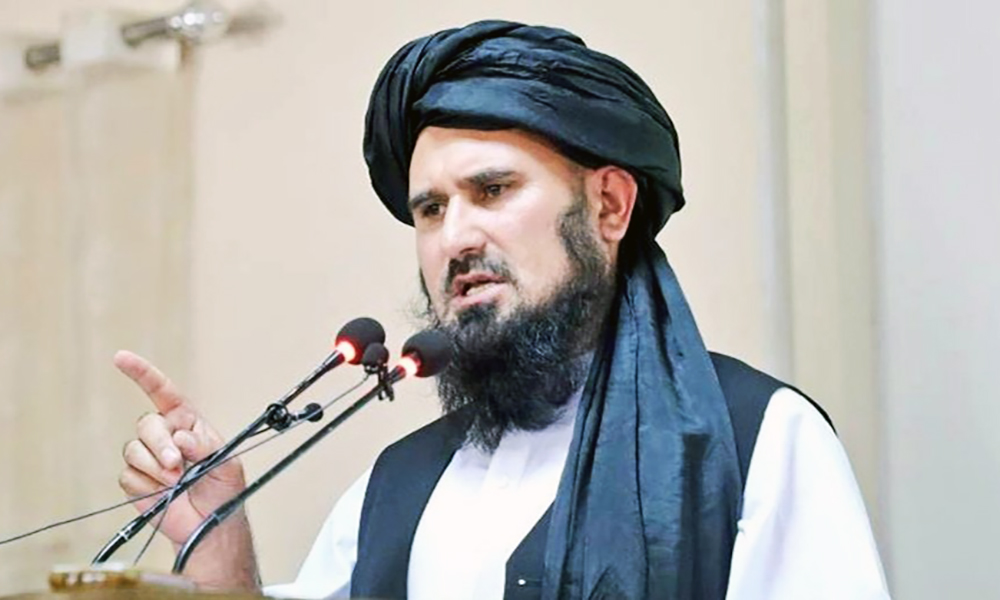
Afghanistan’s Chief of Armed Forces, Fasihuddin Fitrat, has emphasized the vital importance of military readiness and proper equipment.
Speaking at the graduation ceremony of 153 personnel from the 313 Central Corps, Fitrat stressed that preparedness is essential to defend against those who challenge the unity, strength, and honor of the Islamic system and the Afghan people.
He highlighted that even during past sensitive and challenging conditions, the Islamic Emirate maintained fully trained and equipped forces.
The Ministry of Defense reiterated that maintaining readiness and proper armament is both a religious and national duty. Leaders of the Islamic Emirate have historically ensured that their forces remain prepared under all circumstances, the ministry added.
The ceremony marked the eighth graduation from the 313 Central Corps Training Center, with 153 soldiers officially completing their training.
Officials highlighted that the Islamic Emirate continues to prioritize the comprehensive readiness of its forces to counter any potential threats to national security.
Latest News
Kazakhstan and Uzbekistan shift to opportunity-focused approach on Afghanistan; regional cooperation highlighted
Esmatullah Ergashev, Uzbekistan’s special representative for Afghanistan, noted that Central Asian countries plan to advance joint projects in Afghanistan and further expand regional cooperation.
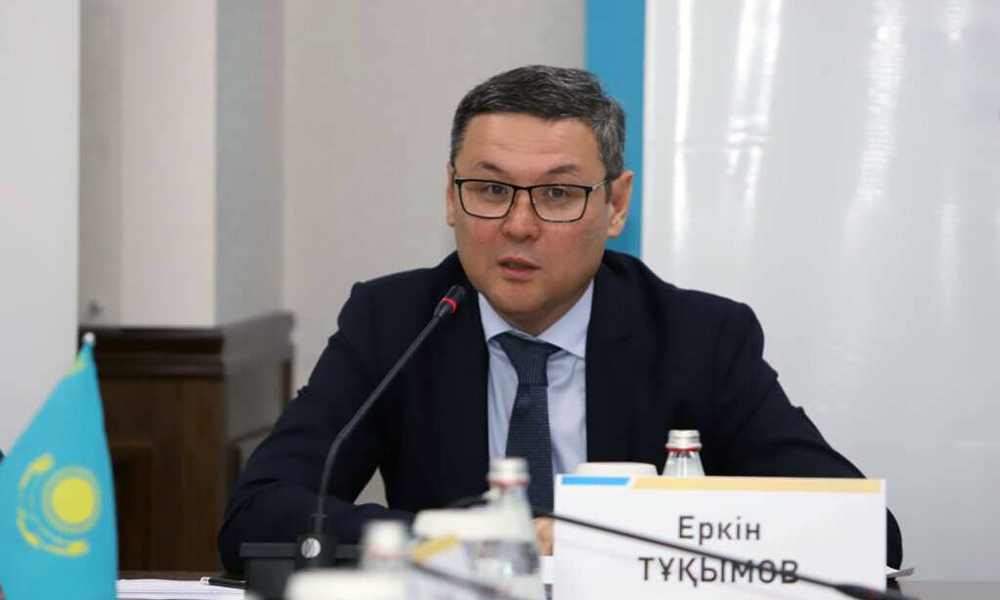
Astana recently hosted an extraordinary meeting of the Regional Contact Group on Afghanistan, bringing together representatives from Kazakhstan, Kyrgyzstan, Uzbekistan, and Tajikistan to discuss regional engagement and cooperation with Afghanistan.
Yerkin Tokumov, Kazakhstan’s special presidential representative for Afghanistan, said the country is moving away from viewing Afghanistan solely as a security concern and is adopting an opportunity-driven approach.
He stressed the importance of strengthening political, economic, trade, and transit ties, highlighting Afghanistan’s role as a strategic bridge between Central and South Asia.
Esmatullah Ergashev, Uzbekistan’s special representative for Afghanistan, noted that Central Asian countries plan to advance joint projects in Afghanistan and further expand regional cooperation.
The meeting underscores a growing consensus among Afghanistan’s neighbors to leverage opportunities for partnership, aiming to foster regional stability, enhance economic integration, and support sustainable development initiatives in the country.
Latest News
Da Afghanistan Breshna Sherkat extends electricity import agreement with Iran for 1405
Afghanistan remains heavily dependent on imported electricity, with a significant share of its power supplied by neighboring countries including Iran, Uzbekistan, Turkmenistan, and Tajikistan.
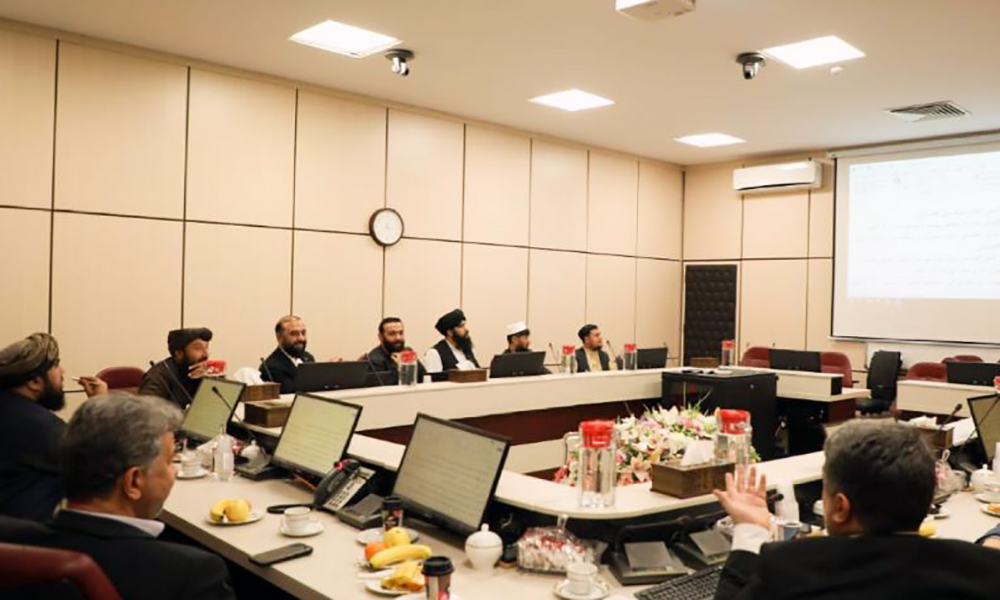
Da Afghanistan Breshna Sherkat (DABS), Afghanistan’s national power utility, has signed an agreement with Iran to continue importing electricity for the solar year 1405 (2026–2027), as part of efforts to stabilize power supplies amid growing domestic demand.
The agreement was signed during an official visit to Iran by a high-level DABS delegation led by its Chief Executive Officer, Alhaj Mullah Abdul Haq Hamkar.
The delegation held extensive meetings with Iranian energy officials in Tehran, focusing on the extension of existing power purchase arrangements as well as broader cooperation in electricity transmission and infrastructure development.
According to DABS, the discussions also addressed technical coordination, capacity expansion, and the reliability of cross-border electricity transmission lines linking the two countries. The visit was conducted at the invitation of Tavanir, the Iranian state organization responsible for electricity generation, transmission, and distribution.
Afghanistan remains heavily dependent on imported electricity, with a significant share of its power supplied by neighboring countries including Iran, Uzbekistan, Turkmenistan, and Tajikistan.
Domestic power generation covers only a fraction of national demand, particularly during winter months and periods of peak consumption, making long-term import agreements critical for maintaining supply to urban centers and industrial zones.
DABS officials said sustained engagement with regional electricity-exporting countries has helped strengthen energy cooperation and improve procurement planning.
The extension of the agreement with Iran is expected to support energy security, reduce supply disruptions, and provide greater predictability for Afghanistan’s power sector as authorities continue to explore domestic generation and renewable energy projects.
-
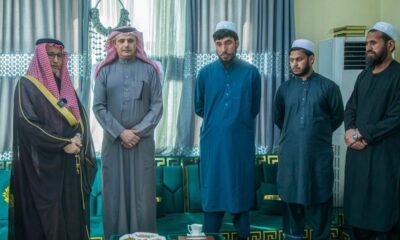
 Latest News2 days ago
Latest News2 days agoIEA releases three Pakistani soldiers to mark Ramadan
-
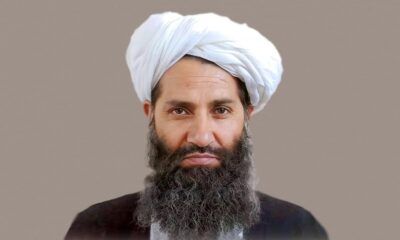
 Latest News2 days ago
Latest News2 days agoGrateful to Afghans and Ulama for obeying the Islamic Emirate, says Hibatullah Akhundzada
-
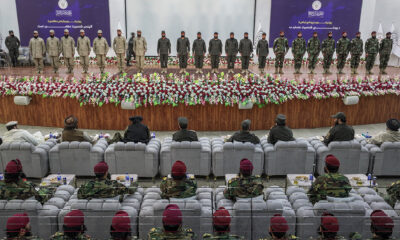
 Latest News3 days ago
Latest News3 days agoAfghanistan’s defense ministry unveils new military uniforms for armed forces
-
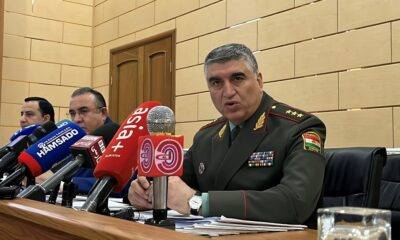
 Latest News4 days ago
Latest News4 days agoTajikistan: Recent attacks from Afghanistan aimed at damaging our relations with China
-

 Latest News5 days ago
Latest News5 days agoUN warns mass return of Afghans from Pakistan and Iran is pushing Afghanistan to the brink
-

 Business4 days ago
Business4 days agoIran–China rail link via Afghanistan proposed to cut transit time
-
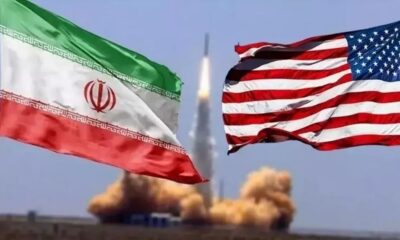
 Latest News4 days ago
Latest News4 days agoIran would prevail in potential conflict with the United States, says IEA spokesman
-

 Latest News5 days ago
Latest News5 days agoJapan maintains direct contacts with IEA officials through Kabul Embassy


